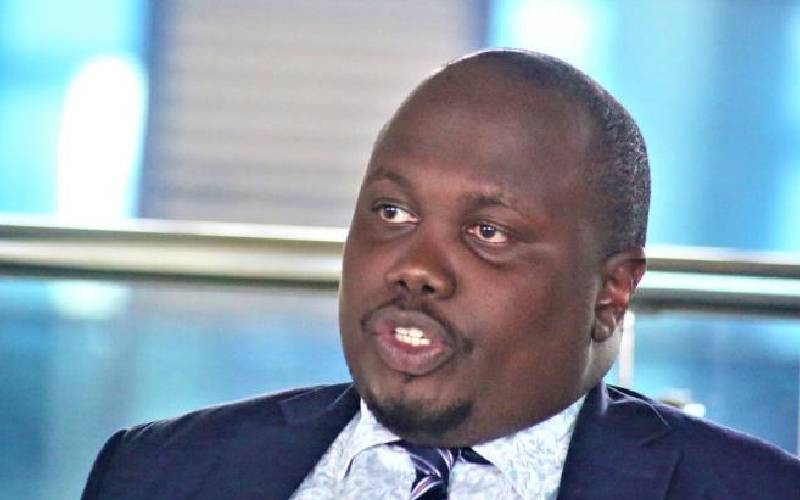×
The Standard e-Paper
Kenya’s Boldest Voice

During a recent meeting with Jubilee MCA's in Nakuru, President William Ruto revealed the great pressure that public debt is exerting on Kenya's economy. Out of every Sh10 collected in revenue, Sh7 are swallowed up by debt service costs, and the remaining Sh3 are stretched to cater for devolution, civil servant's salaries and development expenditure.